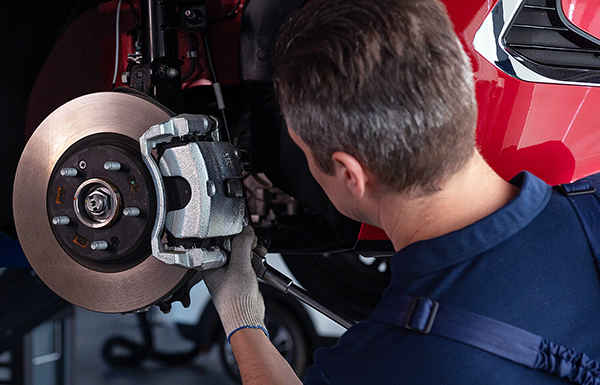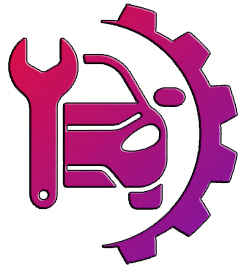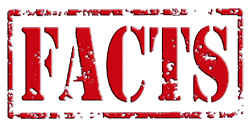Why are my brakes squeaking after being replaced?
Understanding Brake Squeaking: Comprehensive Insights and Solutions
Have you recently replaced your brake pads only to find that they’re now squeaking? Don’t worry, you’re not alone. This common issue can stem from various factors, some of which may require attention beyond just swapping out pads.
Let’s delve into the intricacies of brake squeaking and explore effective solutions to ensure a quiet and smooth braking experience.

Potential Causes of Brake Squeaking Post-Replacement:
New Brake Pads
Unsettled Pads: Fresh brake pads might emit squeaks initially as they settle into place and bed onto the rotors. This transient noise should diminish after a few braking cycles.
Lubrication Deficiency: Certain brake pad manufacturers incorporate a specialized lubricant to minimize friction between the pads and rotors. If this lubrication is inadequately applied or absent, it can lead to squeaking.
Rotors’ Wear or Damage
Surface Irregularities: Worn or damaged rotors with uneven surfaces can provoke squeaks when the new pads engage. Rectification might involve resurfacing or replacing the rotors.
Glazing: Excessive heat or improper pad bedding can cause rotor surfaces to glaze, resulting in squeaking. Resurfacing or replacement may be necessary in such instances.
Caliper-related Issues
Sticking Caliper: A malfunctioning caliper that sticks or fails to release fully can generate continuous friction, leading to squeaking. Thorough inspection and servicing of the calipers are imperative.
Caliper Hardware: Damaged or incorrectly installed caliper hardware, example: shims or clips, can induce pad vibrations and noise. Regular inspection and replacement of these components can mitigate squeaks.
Proactive Measures to Address Brake Squeaking

Adhere to Break-In Procedures: Follow the prescribed break-in procedure recommended by the brake pad manufacturer to facilitate optimal pad-to-rotor bedding.
Rotors Evaluation: Regularly assess rotor condition for wear and damage, opting for resurfacing or replacement as needed.
Caliper Examination: Thoroughly inspect calipers for signs of malfunction or sticking, addressing any issues promptly through servicing or replacement.
Component Lubrication: Apply an appropriate brake lubricant to the backing plates and contact points of the brake pads to minimize noise generation.
Seek Professional Guidance: If squeaking persists despite your efforts or if you’re uncertain about any aspect of your brake system, seek assistance from a qualified mechanic for thorough diagnosis and remediation.
Fascinating Tidbits About Brakes

Historical Milestone: Did you know that the first patented disc brake system traces back to 1902, credited to Frederick William Lanchester?
Understanding Brake Squeal: The distinctive squeal heard during braking arises from high-frequency vibrations occurring between the brake pads and rotor surfaces, commonly termed “brake squeal.”
By gaining insights into the intricacies of brake mechanisms and adopting proactive maintenance practices, you can effectively address squeaking issues and ensure optimal braking performance and safety.












